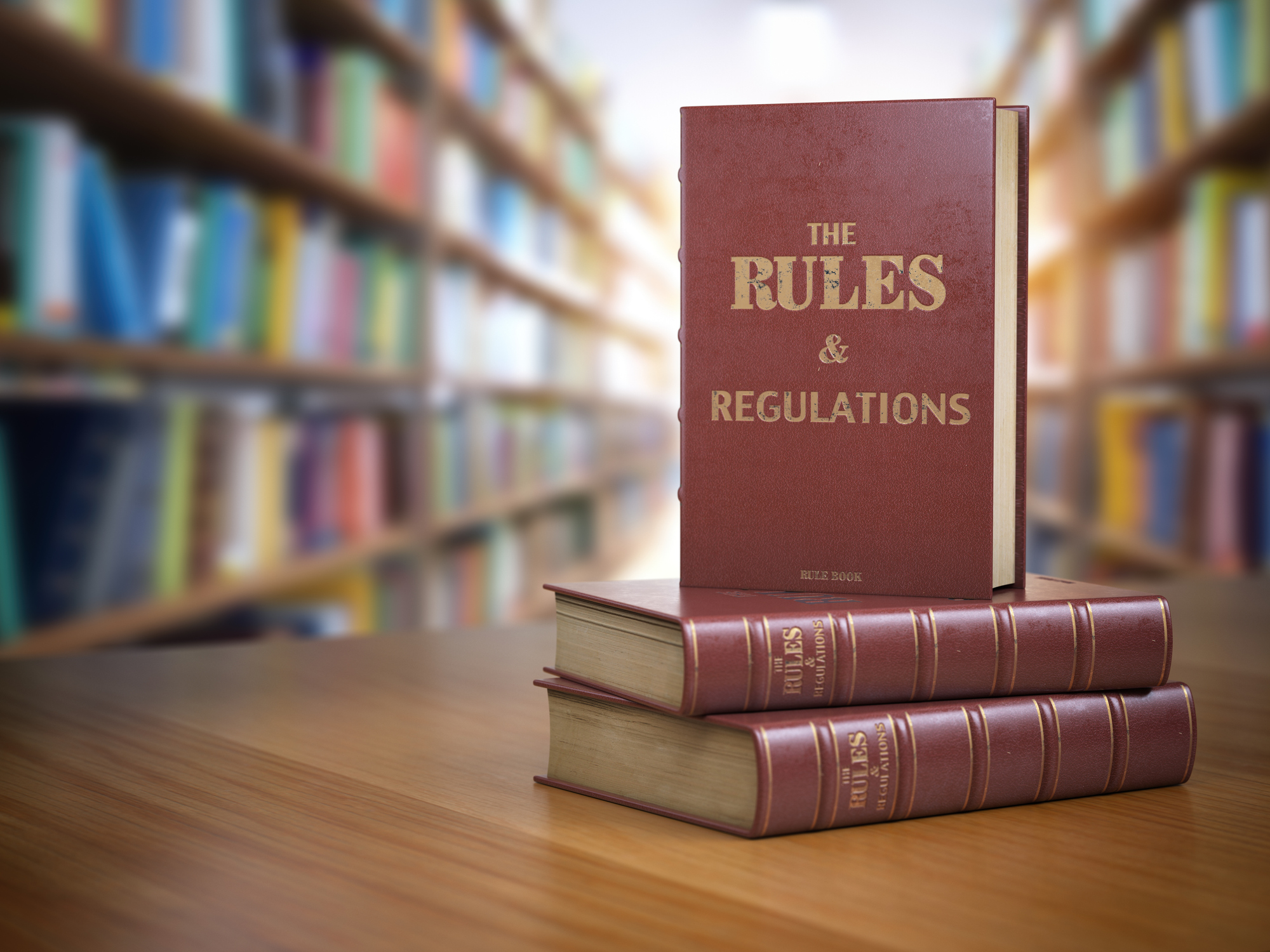 One asset that many Texans do not consider their spouse to have an interest in is their 401(k) or any other retirement fund that they have been slowly building during the course of their marriage. Having to divide up your retirement funds may throw a wrench into one’s retirement plans, but, where possible, courts often award retirement accounts to the spouse in whose name they are held. Provided the somewhat-ambiguous “just and right” standard is met, Texas divorce courts have wide discretion to divide up individual assets as they see fit. This may involve splitting each asset, such as 401(k), and dividing the funds therein between the spouses. However, more commonly, courts attempt to award whole assets to either party to avoid an overly complicated, and perhaps unnecessary, division of property.
One asset that many Texans do not consider their spouse to have an interest in is their 401(k) or any other retirement fund that they have been slowly building during the course of their marriage. Having to divide up your retirement funds may throw a wrench into one’s retirement plans, but, where possible, courts often award retirement accounts to the spouse in whose name they are held. Provided the somewhat-ambiguous “just and right” standard is met, Texas divorce courts have wide discretion to divide up individual assets as they see fit. This may involve splitting each asset, such as 401(k), and dividing the funds therein between the spouses. However, more commonly, courts attempt to award whole assets to either party to avoid an overly complicated, and perhaps unnecessary, division of property.
With this in mind, it is important to focus aspects of your case at trial on why the court should award your 401(k) to you. Factors such as your role in contributing to it, your need for future support, the value of assets in your spouse’s control, your and your spouse’s relevant incomes, which spouse is appointed primary conservator of their children (if any), and many others can be useful to craft a compelling case to keep your 401(k) plan (or any other asset).
In addition, you can sometimes increase the likelihood that you keep your 401(k) post-divorce by entering into a settlement agreement with your spouse. In Texas, spouses are free to enter into settlement agreements to resolve one or more aspects of their divorce, such as the division of their community estate. Settlement is an important process in a Texas divorce, because it can often be the best way to ensure that you retain your hard-earned nest egg and any other assets that you consider important.
 Texas law presumes that property possessed by a spouse during or on dissolution of the marriage is community property. Tex. Fam. Code § 3.003. The presumption can only be rebutted by clear-and-convincing evidence the property is separate. In a recent case, a husband challenged the characterization and distribution of property in his divorce.
Texas law presumes that property possessed by a spouse during or on dissolution of the marriage is community property. Tex. Fam. Code § 3.003. The presumption can only be rebutted by clear-and-convincing evidence the property is separate. In a recent case, a husband challenged the characterization and distribution of property in his divorce. Texas Divorce Attorney Blog
Texas Divorce Attorney Blog


































 When a couple enters into a Texas pre-marital agreement or post-marital agreement, they may include an arbitration provision in the agreement. Arbitration can be a cost-effective way to resolve disputes, but an arbitration decision often cannot be appealed. In a
When a couple enters into a Texas pre-marital agreement or post-marital agreement, they may include an arbitration provision in the agreement. Arbitration can be a cost-effective way to resolve disputes, but an arbitration decision often cannot be appealed. In a  One asset that many Texans do not consider their spouse to have an interest in is their 401(k) or any other retirement fund that they have been slowly building during the course of their marriage. Having to divide up your retirement funds may throw a wrench into one’s retirement plans, but, where possible, courts often award retirement accounts to the spouse in whose name they are held. Provided the somewhat-ambiguous “just and right” standard is met, Texas divorce courts have wide discretion to divide up individual assets as they see fit. This may involve splitting each asset, such as 401(k), and dividing the funds therein between the spouses. However, more commonly, courts attempt to award whole assets to either party to avoid an overly complicated, and perhaps unnecessary, division of property.
One asset that many Texans do not consider their spouse to have an interest in is their 401(k) or any other retirement fund that they have been slowly building during the course of their marriage. Having to divide up your retirement funds may throw a wrench into one’s retirement plans, but, where possible, courts often award retirement accounts to the spouse in whose name they are held. Provided the somewhat-ambiguous “just and right” standard is met, Texas divorce courts have wide discretion to divide up individual assets as they see fit. This may involve splitting each asset, such as 401(k), and dividing the funds therein between the spouses. However, more commonly, courts attempt to award whole assets to either party to avoid an overly complicated, and perhaps unnecessary, division of property. Failing to respond to a Texas divorce petition can result in a default judgment with an unfavorable property division. What happens, though, if the spouse who received the default judgment fails to take action to enforce the property division for several years? A Texas appeals court recently considered a
Failing to respond to a Texas divorce petition can result in a default judgment with an unfavorable property division. What happens, though, if the spouse who received the default judgment fails to take action to enforce the property division for several years? A Texas appeals court recently considered a
 Parties to a Texas suit affecting the parent-child relationship may enter into a mediated settlement agreement (“MSA”) to resolve one or more issues in their suit. An MSA is binding if it prominently states in bold or underlined font or in capital letters that it is not subject to revocation, is signed by the parties, and is signed by the parties’ attorneys who are present at the execution. Tex. Fam. Code § 153.0071. When these requirements are met, a party is entitled to judgment on the MSA. Because an MSA is a contract, it is construed according to the contract-interpretation principles. If an MSA is ambiguous, there is a fact issue of the intent of the parties. A Texas appeals court recently
Parties to a Texas suit affecting the parent-child relationship may enter into a mediated settlement agreement (“MSA”) to resolve one or more issues in their suit. An MSA is binding if it prominently states in bold or underlined font or in capital letters that it is not subject to revocation, is signed by the parties, and is signed by the parties’ attorneys who are present at the execution. Tex. Fam. Code § 153.0071. When these requirements are met, a party is entitled to judgment on the MSA. Because an MSA is a contract, it is construed according to the contract-interpretation principles. If an MSA is ambiguous, there is a fact issue of the intent of the parties. A Texas appeals court recently  A family business can complicate the property division in a Texas divorce. A
A family business can complicate the property division in a Texas divorce. A  Children’s medical and educational expenses can often be a contentious issue in Texas child-support cases. Parents may disagree on whether treatment is needed, what providers should be used, and whether the child should be in private school. A father recently
Children’s medical and educational expenses can often be a contentious issue in Texas child-support cases. Parents may disagree on whether treatment is needed, what providers should be used, and whether the child should be in private school. A father recently 
 A trial court that has divided property in a Texas divorce must provide written findings of fact and conclusions of law, including how it characterized and valued the assets and liabilities, if a party properly requests them. In a
A trial court that has divided property in a Texas divorce must provide written findings of fact and conclusions of law, including how it characterized and valued the assets and liabilities, if a party properly requests them. In a